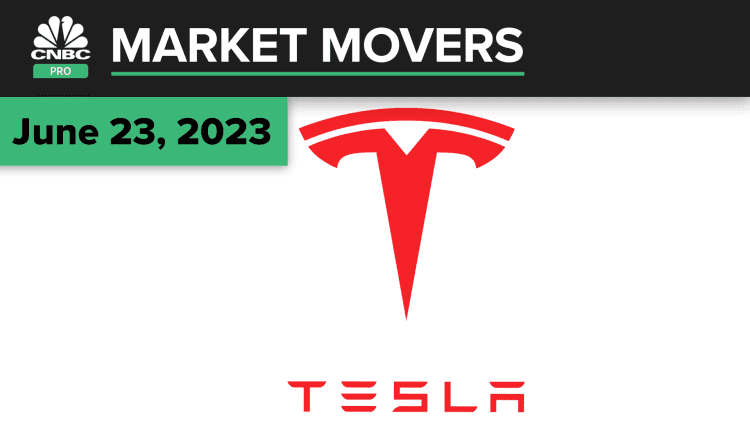
Stocks slid Friday, with Wall Street posting a losing week as a rally that carried the broader market in recent months appeared to run out of steam.
The Dow Jones Industrial Average fell 219.28 points, or 0.65%, to 33,727.43. The S&P 500 slid 0.77% to 4,348.33, while the Nasdaq Composite closed lower by 1.01% to end at 13,492.52.
All three major averages broke multiweek winning streaks. The S&P 500 lost about 1.4%, ending five consecutive weeks of gains. The Nasdaq dropped 1.4%, snapping an eight-week win streak and posting its worst weekly performance since March. The Dow was nearly 1.7% lower, ending a three-week positive run.
"Investors are definitely exhibiting the renewed fears of a US recession, as well as a global recession," said AXS Investments CEO Greg Bassuk. "Inflation levels remain elevated and Federal Reserve policy definitely remains the investor narrative."
The pullback was broad-based with more than 400 stocks in the S&P 500 trading in negative territory. Information technology was among the biggest laggards, down more than 1%. Notably, shares of Nvidia, a major artificial-intelligence beneficiary, were down 1.9%.
Meanwhile, Goldman Sachs shares declined after CNBC reported the investment bank likely faces a large writedown for its 2021 acquisition of fintech firm GreenSky. The stock was down 1.5%, weighing on the Dow.
In contrast, CarMax shares jumped 10% after the used car retailer exceeded first-quarter revenue expectations.


